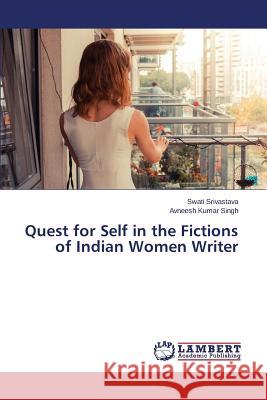Quest for Self in the Fictions of Indian Women Writer » książka
Quest for Self in the Fictions of Indian Women Writer
ISBN-13: 9783659697609 / Angielski / Miękka / 2015 / 120 str.
Western feminism and Western of womanhood ideas cannot fit exactly into the Indian context. As my chapter is based on Indian Feminism, I would like to highlight the notions of Indian Feminism and writing of Indian writers in this chapter. With the rise of a new wave of feminism across the world, a new generation of Indian feminists emerged. Increasing numbers of highly educated and professional Indian women have entered the public arena in fields such as politics, business and scientific research. Contemporary Indian feminists are fighting for individual autonomy, political rights, social freedom, economic independence, tolerance, co-operation, nonviolence and diversity, abortion and reproductive rights, divorce, equal pay, education, maternity leave, breast-feeding; and an end to domestic violence, gender stereotypes, discrimination, sexism, objectification, and prostitution. Medha Patkar, Madhu Kishwar, and Brinda Karat are some of the feminist social workers and politicians who advocate womens rights in post-independent India. In literature, Amrita Pritam, Sarojini Sahoo and Kusum Ansal are eminent Indian writers who link sexuality with feminism, and advocate women rights.











